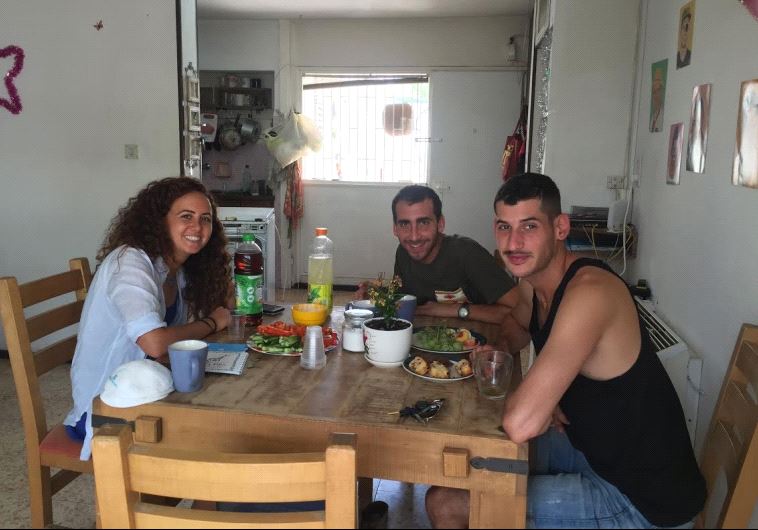New Moishe House creates pluralistic Jewish community for Beersheba millennials
Four young adults realize their vision of turning their house into a home for all.
 Adi Treves, Itay Itamar and Yotam Rechnitz of the Beersheba Moishe House.(photo credit: TAMARA ZIEVE)Updated:
Adi Treves, Itay Itamar and Yotam Rechnitz of the Beersheba Moishe House.(photo credit: TAMARA ZIEVE)Updated: